Industry Diversity: Background and Education
22 Sep 2020
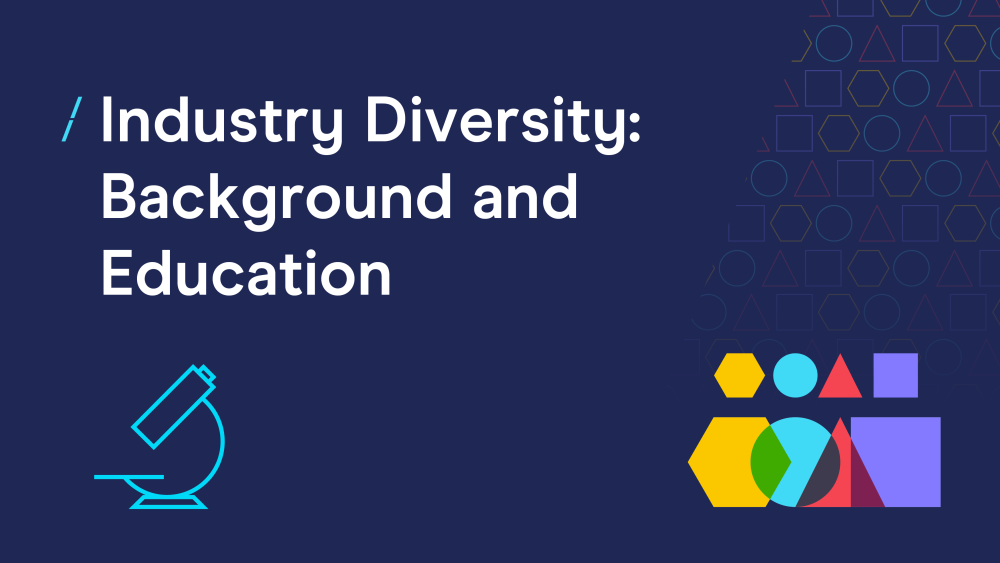
As we saw in our introductory article to this series, diversity in the workplace has been high on many organisations' agendas in recent years. However, often the discussion tends to be dominated by single issues. What about all the other shapes and shades of diversity?
In this article, we analyse what our industry looks like, with a specific focus on background and education. Our other articles in this series also examine ‘Disability and Health’, ‘Gender and Sexuality’, and ‘Ethnicity and Race’. All of these explore the relevant aspects needed to be considered and understood, so we can move beyond mere demographics and focus on creating more inclusive environments.
Background
One in five (20%) of respondents grew up in the South East region, with 14% in London, 9% in the West Midlands, and 8% respectively in the South and North West. Meanwhile, 17% said they grew up outside of the UK, with the majority reporting Europe (44%) and Asia (29%) as their childhood countries.
When asked about their parents' education, just 38% of marketers said their parents completed a university degree or higher education.
The majority of marketers whose parents attended university or a higher level of education identify themselves as women (55%), 44% as men, and 1% identified ‘in some other way.’ They also tended to have grown up outside the UK (30%). 16% grew up in London and 16% in the South East of the UK. Most marketers in this group also went to non-selective state-run schools and now hold a bachelor’s degree (69%).
Did any of your parents or guardians complete a university degree (BSc, BA) equivalent or higher?
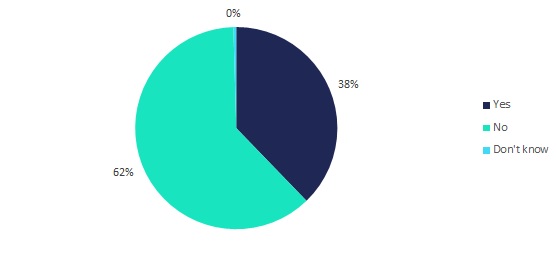
Education
Half of the data and marketing professionals surveyed (51%) attended non-selective state-funded schools, whereas one in five attended selective ones (21%). Furthermore, 16% went to independent schools, and 12% were schooled outside the UK.
What type of school did you mainly attend between the ages of 11 and 16?

Among those who attended non-selective state-run schools, 71% hold a bachelor’s degree. This is compared to 65% of those who went to a selective state-run school. Overall, just under two-thirds (65%) of respondents hold a bachelor’s degree, with one in five (21%) having a master’s degree. Furthermore, one in four (26%) have undertaken professional qualifications or training since joining the data and marketing industry.
We also found a significant relationship between education and gender, with the majority of women holding a bachelor’s degree (70%). Furthermore, most marketers who identify themselves in some other way hold a PhD (52%) or a bachelor’s degree (47%).
What qualifications do you currently hold?

In 2018/19, the total number of UK’s HE students stood at 2,383,970 (75% undergraduate, 25% postgraduate). Statistics also showed that out of the total number of HE students, 57% were female and 43% were male. Within all postgraduate students, 59% were female, compared with 57% of all undergraduate students.
In 2018/19, data from HESA found that students with a known disability have increased in number, compared to 2015/16 and against those with no known disability. The neurodevelopmental conditions with the highest number of students with a known disability in 2018/19 were dyslexia, dyspraxia, or ADHD, and mental health conditions, such as depression, schizophrenia, or anxiety disorder.
Take the Next Step
To gain real diversity in the workplace, organisations must dig deeper than simple metrics like quotas. Now that you have seen the data, what are the actions you can take? Find out what the DMA is doing to make a more diverse and inclusive future a reality for our industry:
Industry Diversity: A More Diverse and Inclusive Future
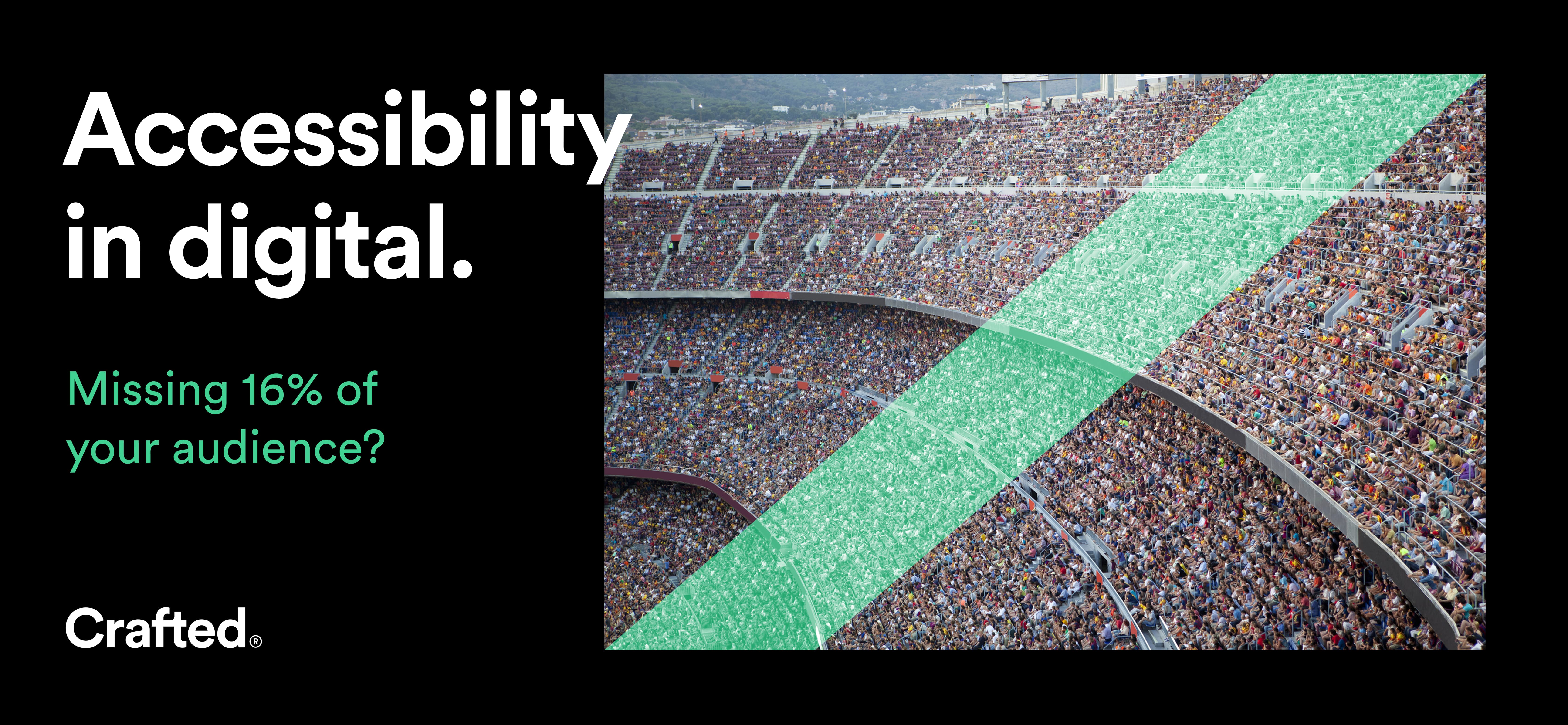

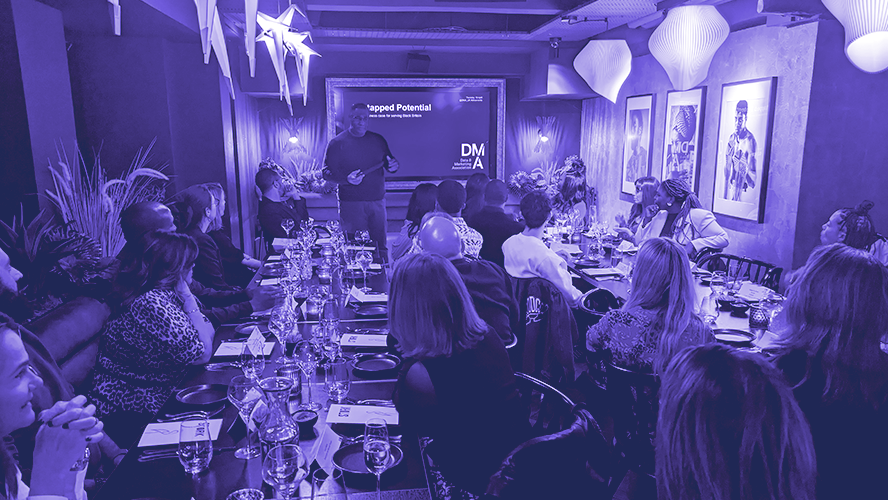
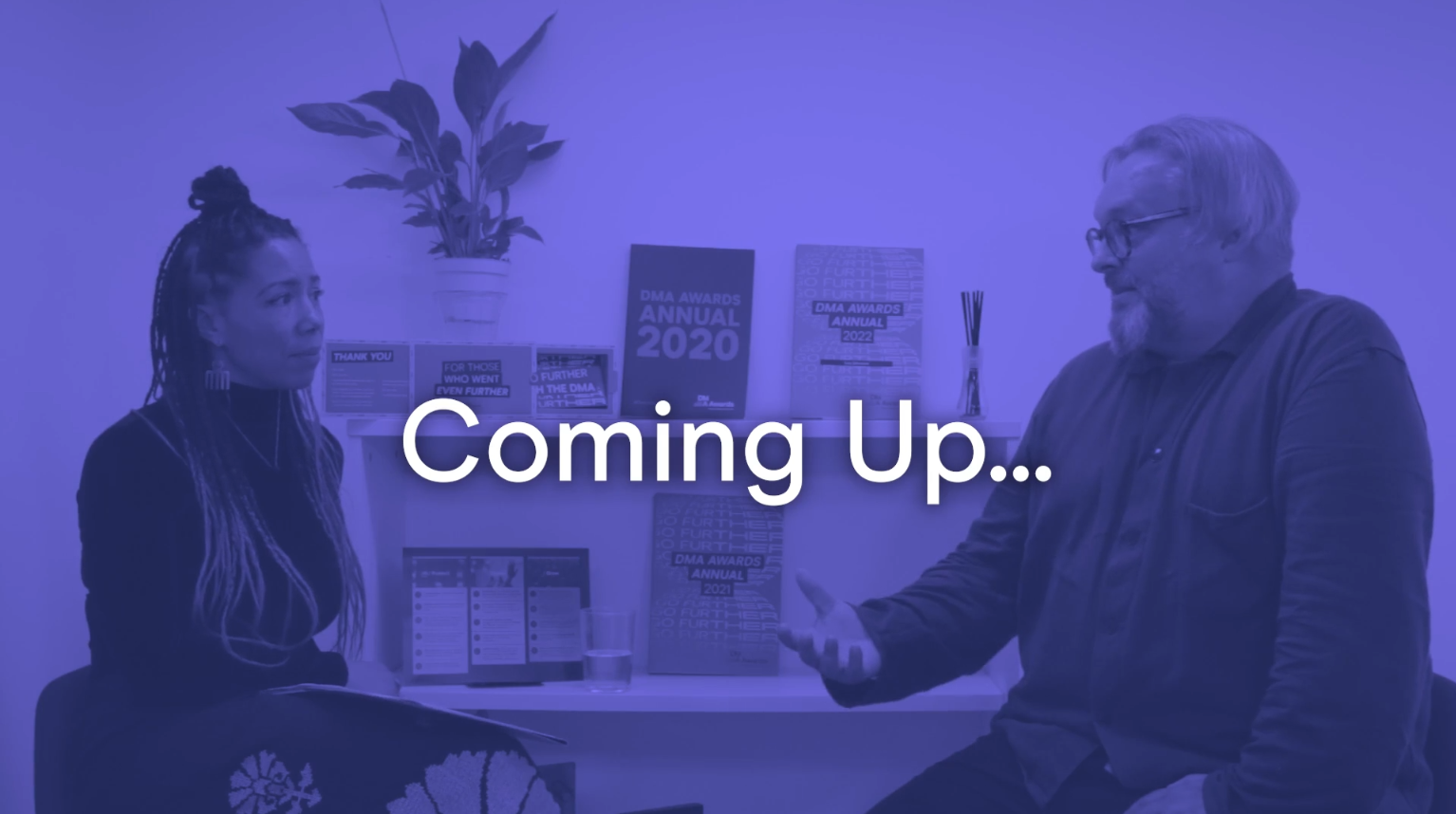
Please login to comment.
Comments